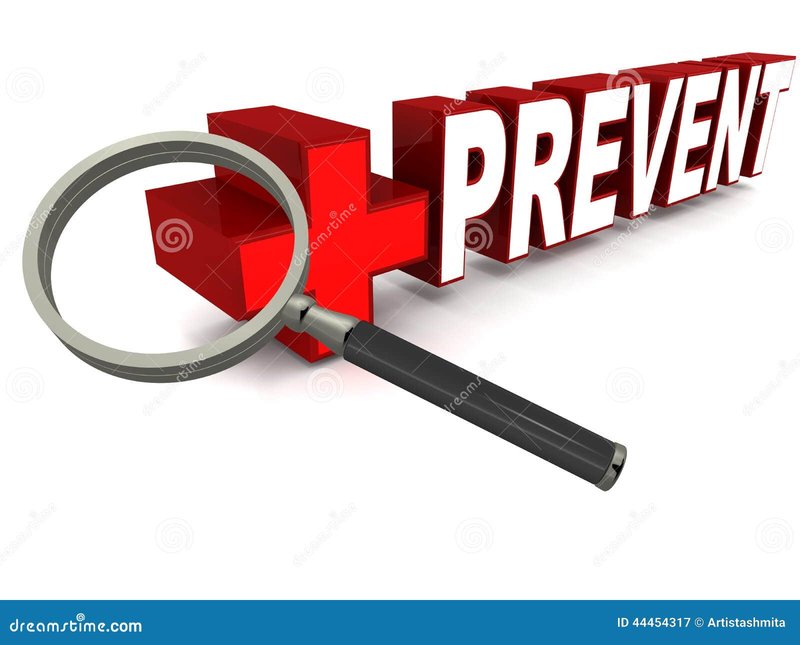
The “OE” error code is your dishwasher’s not-so-subtle way of alerting you to a draining problem. Think of it like a traffic jam in your drain hose—it’s just not moving the waste water out as it should. This could be due to a kink in the hose, a clog, or even a more complex issue with your dishwasher’s pump. But don’t worry—understanding what causes this problem is the first step toward preventing it from happening again.
Understanding the OE Error Code and Its Causes
So, what’s really going on when your Frigidaire dishwasher gives you the OE error code? Well, in plain terms, this code indicates that the dishwasher is struggling to drain out the dirty water. Imagine trying to pour out a pitcher of water when there’s a sponge stuck at the spout. It’s frustrating, right? Similarly, this error usually stems from blockages or restrictions in the drainage system.
The most common culprit is a clogged drain hose. Over time, food particles, grease, and other debris can build up inside the hose, much like plaque in an artery. This buildup prevents the water from flowing freely and can trigger the OE code. Another possible cause is a kink in the hose that stops the water from moving through easily. You might remember wrapping a garden hose around your hand as a kid to stop the water flow—it’s a similar thing.
There’s also the possibility of an issue with the dishwasher’s pump. The pump is like the heart of the drainage system, pushing the water out of the dishwasher. If it fails or gets jammed, the dirty water has nowhere to go, leading to the dreaded error code. Recognizing these potential causes can help you pinpoint the problem more quickly and take the necessary steps to fix it.
Steps to Address the Causes of the OE Error Code
Once you know the likely causes of the OE error code, you can take action. Start with the simplest solution: check the drain hose. Make sure it’s free of kinks and clogs. It’s kind of like checking if a straw is bent when you’re trying to drink your soda. A straightened hose can often solve the problem immediately.
If the hose looks fine, the next step is to look inside the dishwasher itself. Open it up and check if any large food particles are blocking the drain at the bottom. You might want to put on some gloves for this part—nobody wants to go fishing in the dishwasher unprepared! If you see food debris, carefully remove it and see if that resolves the issue.
Finally, if neither of these steps works, it’s time to inspect the pump. If you’re comfortable doing a bit of DIY, you can remove the pump to check for obstructions. However, if you’re not sure, it’s perfectly okay to call in a professional. Remember, fiddling around with the pump is like trying to open an intricate puzzle box—you wouldn’t want to make things worse.
Preventing Future Occurrences of the OE Error Code
Now that you’ve tackled the problem, let’s talk prevention. Nobody wants to see that OE error code again, right? Here’s the good news: preventing it is much simpler than you might think! Regular maintenance and smart dishwasher habits can go a long way in keeping your appliance running smoothly.
First, always scrape excess food off your dishes before placing them in the dishwasher. This is like brushing your teeth to prevent cavities—it helps keep the system clean and lowers the chances of clogs forming. Every month or so, run an empty cycle with a dishwasher cleaner. This helps clear out any minor debris build-up in the lines, much like a preventive flush.
You should also periodically check the drain hose for any kinks or damage. This is similar to checking your car’s oil—regular inspections can catch problems before they become serious. And don’t forget to clean the dishwasher’s filter regularly. A clean filter equals a happier dishwasher, sort of like how a clean windshield makes driving easier.
When to Seek Professional Help
Let’s face it, not every problem is a DIY fix. While it’s great to be proactive, there comes a time when calling in a professional is necessary. So when is that? If you’ve tried all the basic troubleshooting steps and the OE error persists, or if you’re unsure how to inspect more complex components like the pump, it’s best to get expert assistance.
Sometimes, the issue might be more than just a simple clog, such as electrical faults or damaged parts that require specialized tools and knowledge to repair. Think of it like taking your car to the mechanic when a funny noise doesn’t go away. The professionals have the training and experience needed to diagnose and fix issues, ensuring your dishwasher is back in top form.
Remember, getting help doesn’t mean you’ve failed at fixing the problem. In fact, it’s a smart decision that can save you time, money, and stress in the long run. Plus, a professional repair can provide peace of mind, knowing that your kitchen companion is once again working as it should.
So there you have it! Understanding and preventing the OE error code in your Frigidaire dishwasher isn’t as daunting as it might first appear. Start by addressing simple issues like checking the drain hose and removing food debris. From there, taking regular preventative measures can reduce the chances of the error appearing again.
By knowing when to attempt a fix yourself and when to call in a professional, you ensure that your trusty dishwasher stays a reliable part of your kitchen team. Keep up with maintenance, monitor the system, and you’ll likely prevent that pesky OE error from crashing your dinner party cleanup in the future. Happy dishwashing!